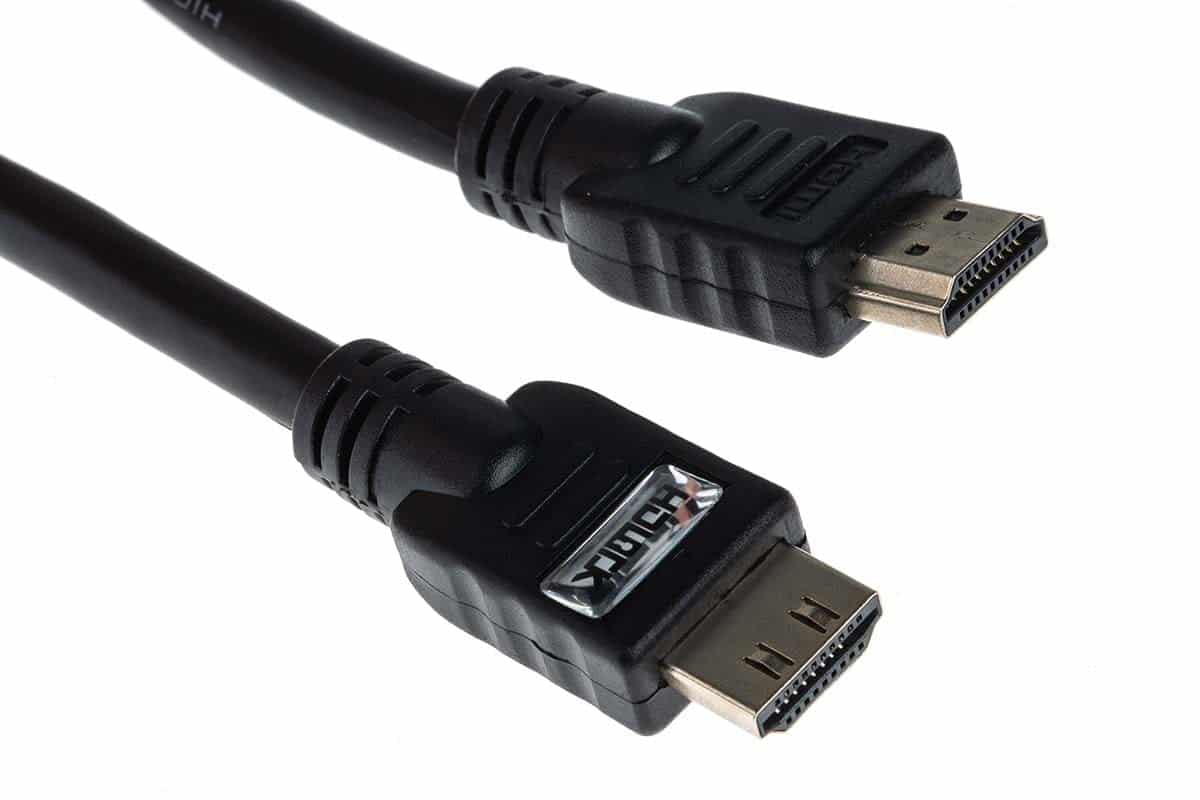In today’s fast-paced world, managing personal finances has become increasingly important. Whether you’re a recent graduate entering the workforce or a seasoned professional, understanding how to budget and save effectively can make a significant difference in your financial well-being. At [Finance], we’re dedicated to providing you with valuable insights and tips to help you navigate the world of personal finance. In this blog post, we’ll delve into the fundamentals of budgeting and saving, offering actionable advice to help you achieve your financial goals.
The Importance of Budgeting
Budgeting is the cornerstone of personal finance. It involves creating a plan for how you will allocate your income to cover your expenses, savings, and investments. By adhering to a budget, you gain control over your finances and ensure that your money is being used wisely. Additionally, budgeting allows you to track your spending habits, identify areas where you can cut back, and prioritize your financial goals.
Tips for Effective Budgeting
1. Track Your Expenses: Start by keeping a record of all your expenses, including both essential and discretionary spending. This will provide you with a clear understanding of where your money is going each month.
2. Categorize Your Spending: Divide your expenses into categories such as housing, transportation, groceries, entertainment, and utilities. This will help you identify areas where you can potentially reduce spending.
3. Set Realistic Goals: Establish achievable financial goals within your budget, such as building an emergency fund, paying off debt, or saving for a major purchase. Setting specific targets will motivate you to stick to your budget.
4. Review and Adjust Regularly: Your financial situation and priorities may change over time, so it’s important to review and adjust your budget periodically. Stay flexible and make necessary revisions to ensure that your budget reflects your current circumstances.
The Significance of Saving
Saving money is an integral part of securing your financial future. Whether you’re saving for retirement, a down payment on a home, or a dream vacation, building a habit of regular saving can provide you with a sense of financial security and peace of mind.
Effective Saving Strategies
1. Pay Yourself First: Make saving a priority by setting aside a portion of your income as soon as you receive it. Consider automating your savings by setting up automatic transfers to a dedicated savings account.
2. Embrace Frugality: Look for opportunities to reduce unnecessary expenses and avoid lifestyle inflation. Making small adjustments to your spending habits can lead to substantial savings over time.
3. Establish an Emergency Fund: Aim to build an emergency fund that covers 3-6 months’ worth of living expenses. This safety net can protect you from unexpected financial setbacks.
4. Invest Wisely: Once you’ve established an emergency fund, consider investing your savings to generate potential long-term returns. Explore investment options that align with your risk tolerance and financial goals.
At [Finance], we believe that by mastering the art of budgeting and saving, you can pave the way towards a more secure financial future. Our goal is to empower you with the knowledge and tools you need to make informed financial decisions and achieve your aspirations. Remember, building healthy financial habits takes time and effort, but the rewards are well worth the journey.
In conclusion, understanding personal finance begins with cultivating strong budgeting skills and embracing the discipline of saving. By following our tips and incorporating them into your financial strategy, you can take control of your finances and work towards a brighter financial future. Stay tuned for more insightful content from [Finance] as we continue to support you on your journey to financial empowerment.







